Switzerland Innovation Tech4Impact
The Switzerland Innovation Tech4Impact initiative awarded 18 projects with a one-year project grant of CHF 85.000 each. The program focuses specifically on sustainability-related projects that tackle a selected set of SGDs each year.
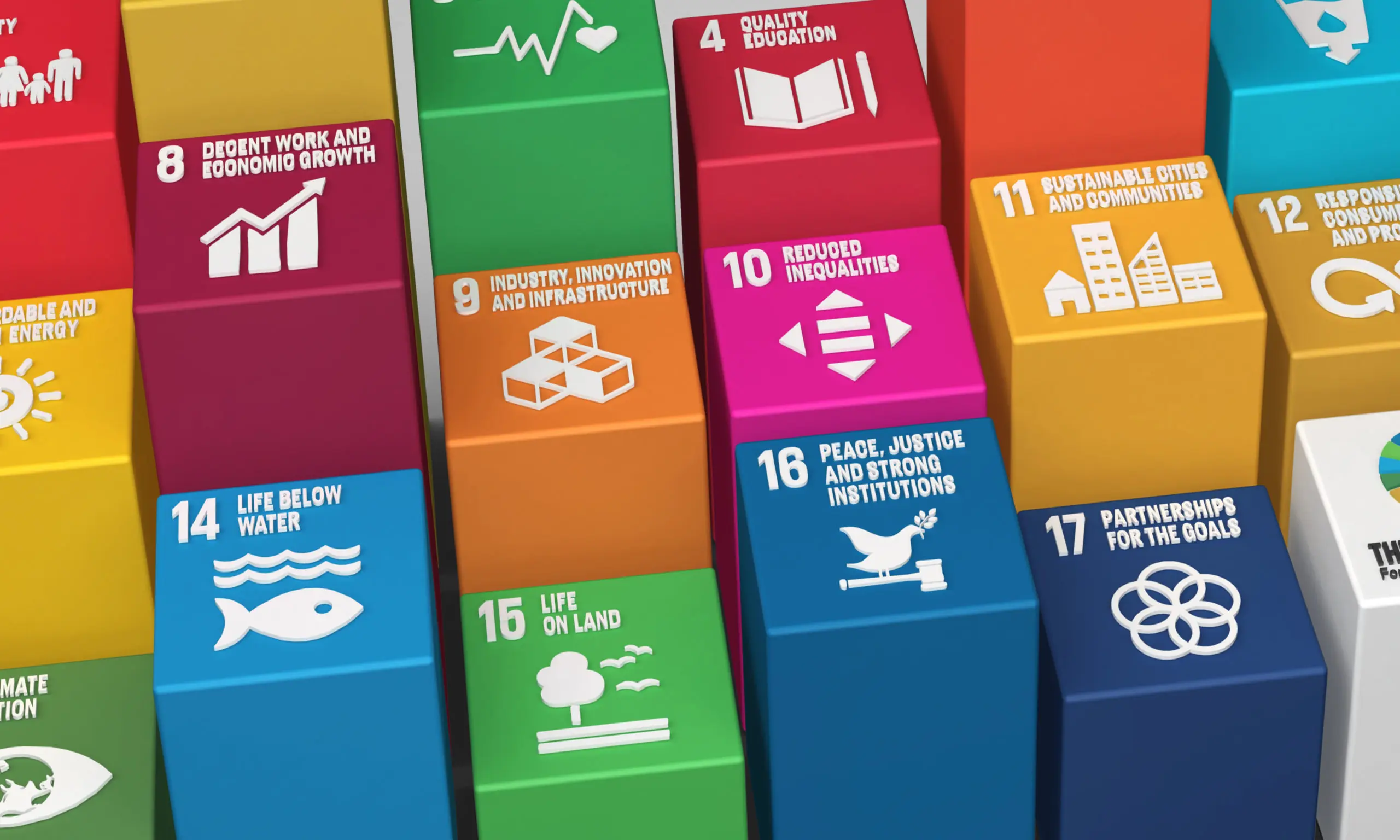
Overview
What is it about?
Switzerland Innovation Tech4Impact facilitates the development of innovation projects that tackle global challenges, focusing on selected themes of the UN 2030 Agenda. The Switzerland Innovation Tech4Impact Initiative is a research grant created to facilitate the realization of ground-breaking impactful projects in Switzerland that are implemented in collaboration with Swiss universities, entrepreneurs, SMEs and research partners. The one-year project grant focuses on selected themes of the UN 2030 Agenda for Sustainable Development, and selects projects with a real market application potential providing them with a CHF 85.000 grant.
This initiative is led together with Switzerland Innovation Foundation and is further supported by the following innovation partner companies: ABB, Credit Suisse, Die Mobiliar, Economiesuisse, Interpharma, Schindler, Swiss Re Foundation, Swisscom, UBS, Zurich. Find more details regarding the application process in the dedicated website.
When is it happening?
The last call was in July 2022, there won’t be a 4th call.
Who participated?
Postdocs, PhD students, scientific staff, startups linked to a university, SMEs with an innovation project.
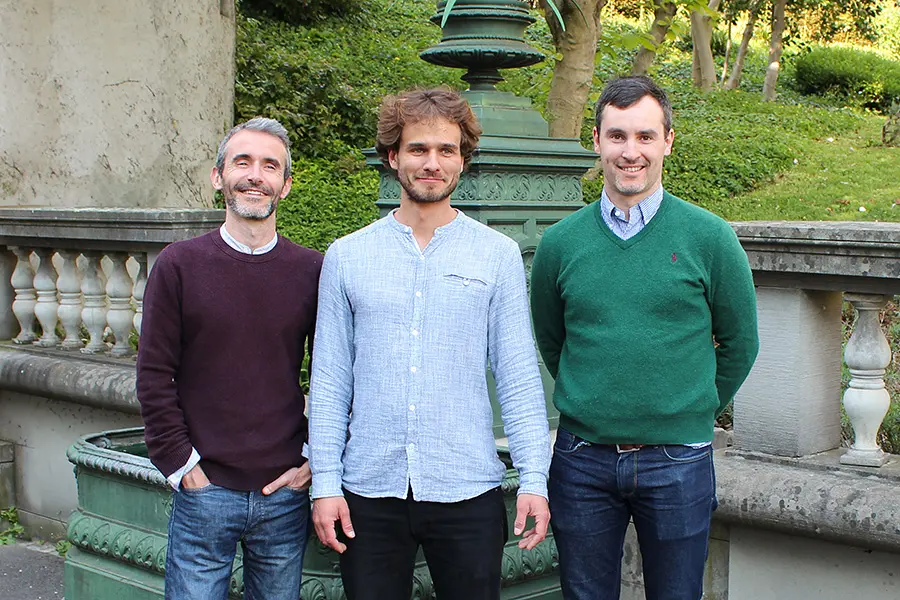
GAIA TECHNOLOGIES
Upscale22 is a project by Gaia Technologies to develop a novel technology to upcycle agro waste into bio-compounds and added-value resources. It tackles the ever-increasing trend to substitute synthetic compounds by natural alternatives in the cosmetics, food and feed sector.
Learn more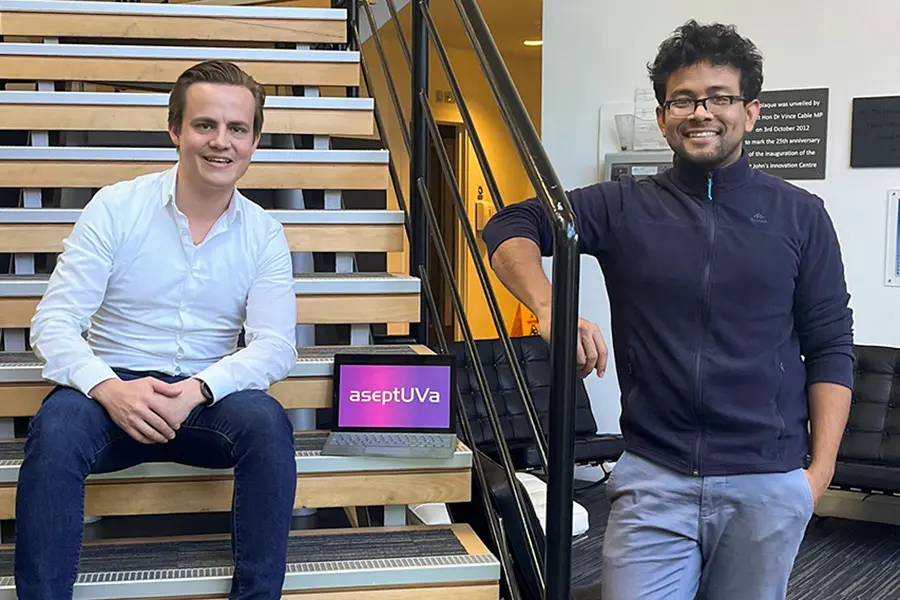
ASEPTUVA
Aseptuva builds a phototherapy device for localized deep UVC topical treatment against major infection vector in hospitals: contaminated skin. This pre-clinical study will use a functional prototype of an in situ disinfection adaptor, intended for catheters inserted into the human body.
Learn more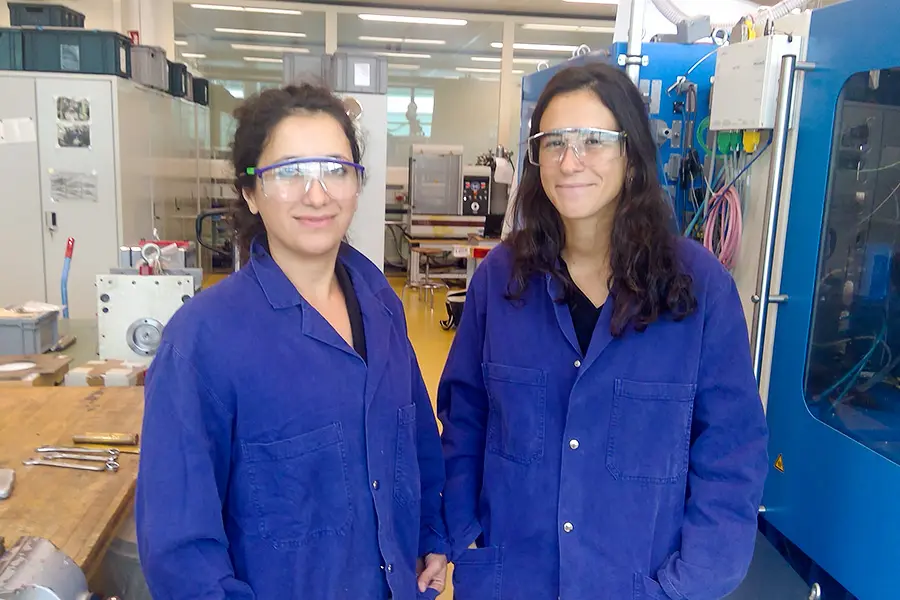
TOSA SWISSTECH
A fuel cell is the device that converts Hydrogen into electricity. TOSA swisstech provides a solution to make fuel cells 5 times lighter, non-corrosive and more efficient through the use of conductive composite materials.
Learn more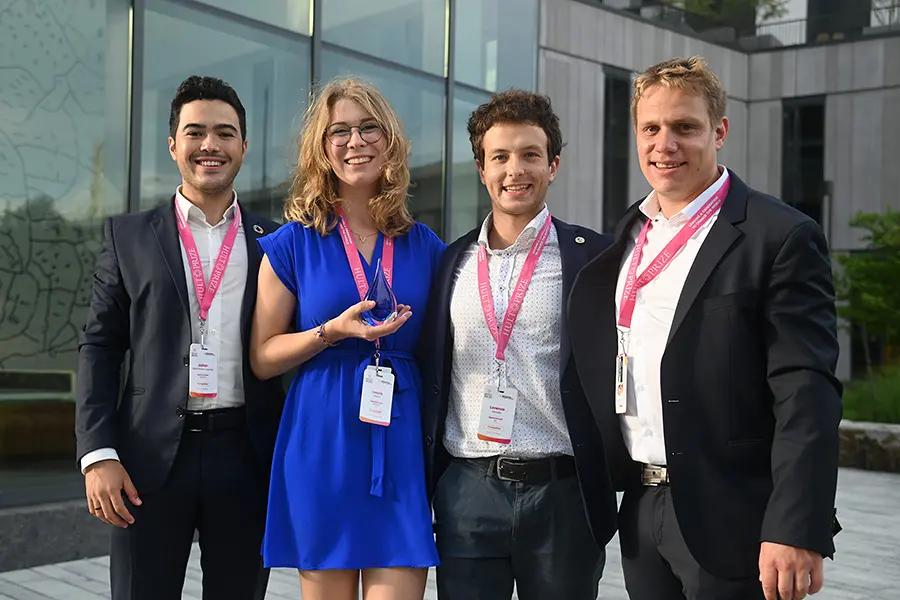
OPENVERSUM
Openversum enables entrepreneurs in low- and middle-income countries to locally produce and sell drinking water filters through microfranchising. Openversum provides them with tools, material and knowhow necessary to successfully run a business while bringing safe drinking water to their community.
Learn more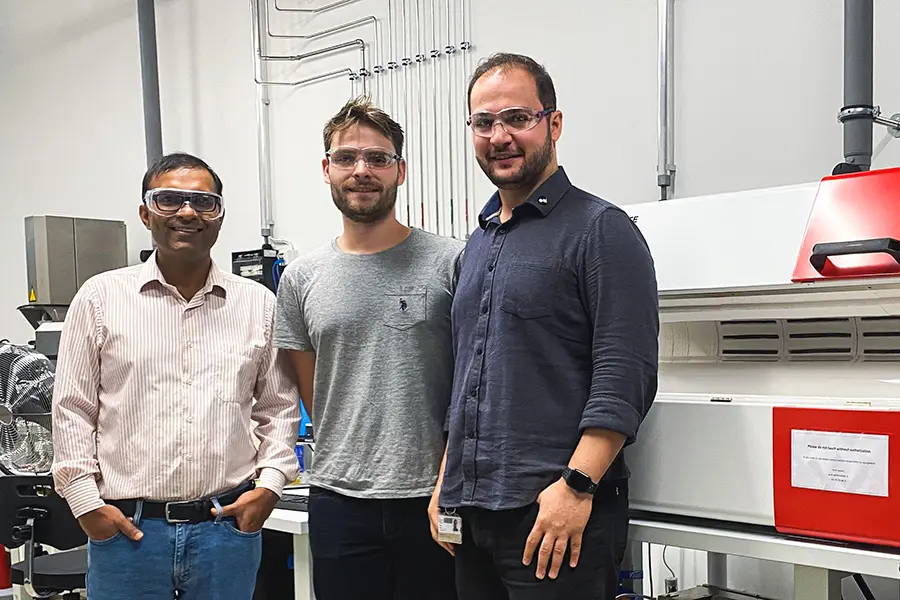
GRAPHENE-BASED GAS SEPARATION
Dr. Mojtaba Rezaei, together with the Laboratory of Advanced Separations at EPFL, develops a high-performance single-layer nanoporous graphene-based membranes for efficient separation of CO2 from gases in post-combustion flue gas streams. This project will accelerate an energy-efficient and environmentally friendly process for post-combustion carbon capture.
Learn more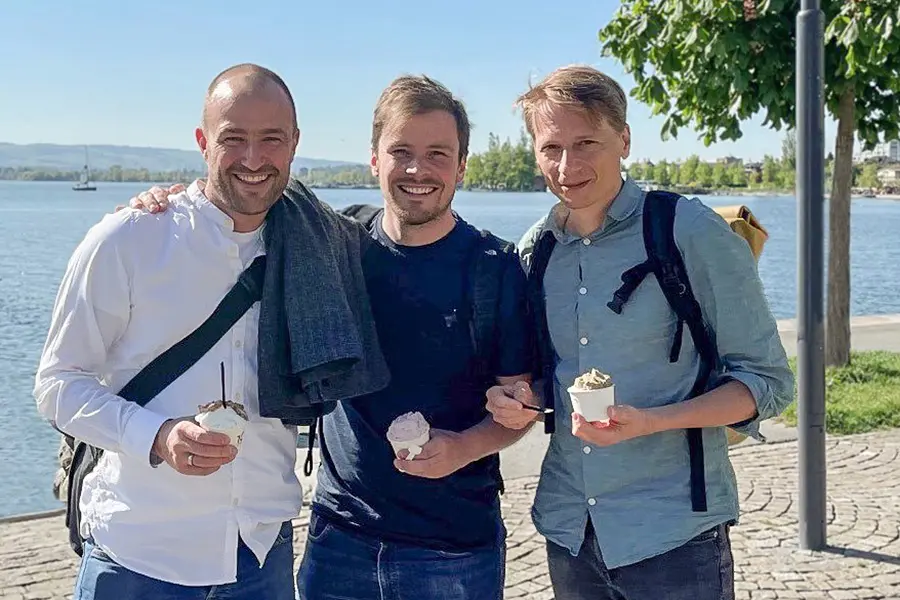
REMATTER
ReMatter aims to adapt and optimize their low carbon hybrid earth-timber floor slab product towards application in multi residential construction projects. The redesign will focus on typology, performance, and buildability to become 100% recyclable and feature 80% less embodied carbon than reinforced concrete alternatives.
Learn more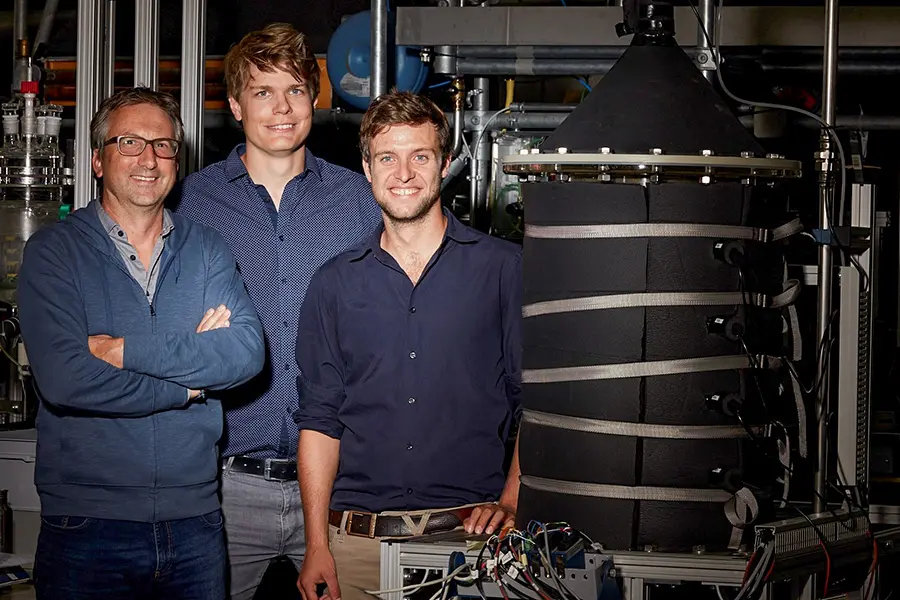
COWACAPS
The project COWACAPS aims to develop market-ready storage capsules that increase the capacity of heating system thermal energy storages by up to a factor of four. With the support of the SI T4Impact initiative, the project plans to finalize the product development and to successfully enter the market in 2022.
Learn more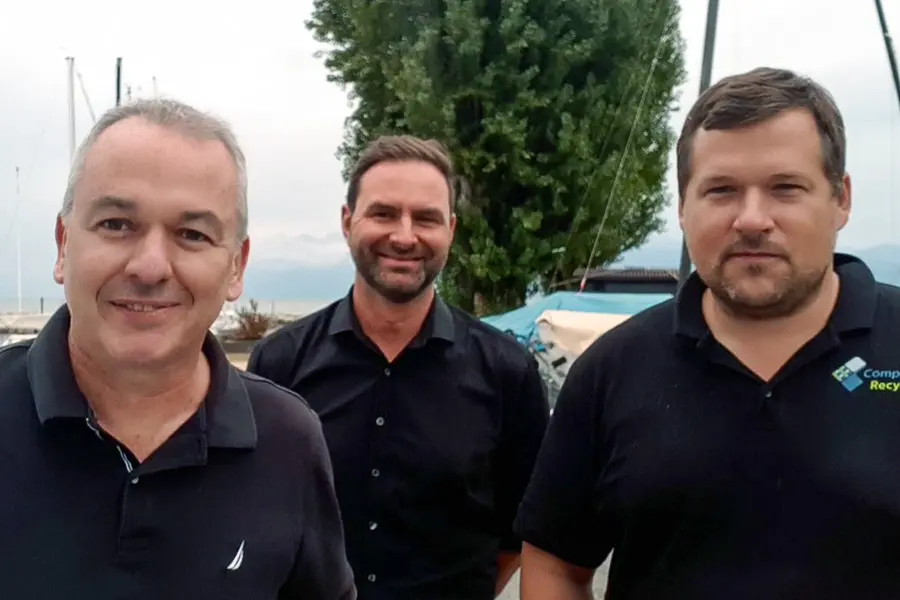
COMPOSITE RECYCLING
The project makes fiberglass reinforced plastics truly circular, by developing a technology that recovers high quality glass fibers from decomposing and toxic ageing boats and sells them as fiberglass mat and pyrolysis oil to ultimately make new circular plastic. Within the scope of the SI T4Impact grant, the project aims at optimizing this process for quality and cost.
Learn more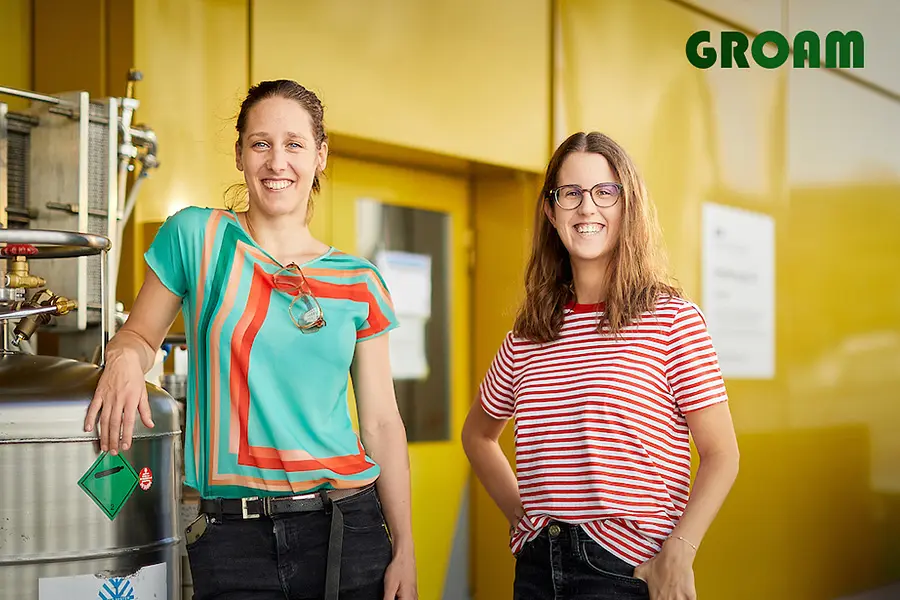
GROAM
Groam is creating biodegradable foam from food waste to be used for fast disposables. This innovative foam offers a price competitive and sustainable solution to current fossil-fuel materials in a highly polluting industry. With the support of the SI T4I Grant, the team aims to finalize a scalable MVP and acquire their first pilot customers from the plant substrate sector.
Learn more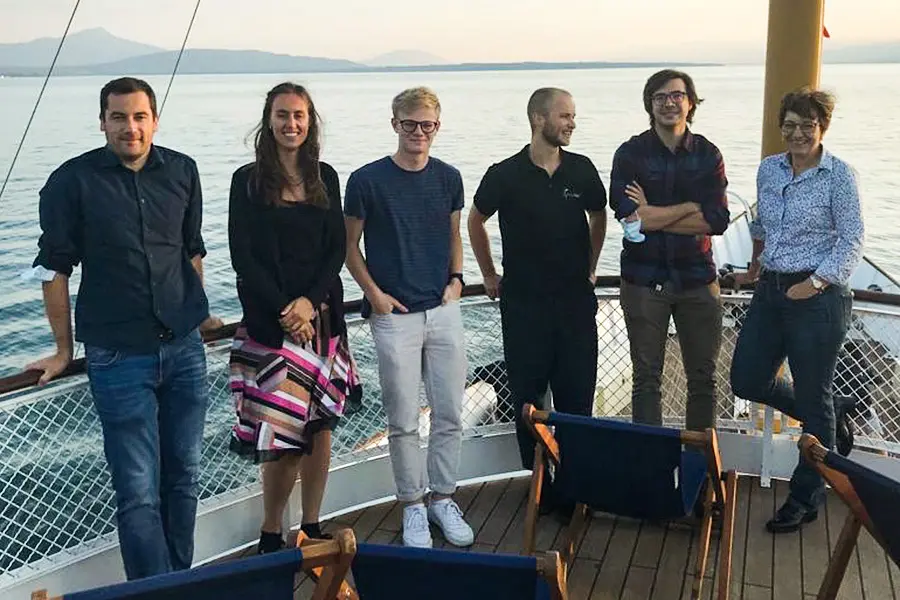
PHYTLSIGNS SCOUT
PhytlSigns aims to develop a cost-effective, energy efficient sensor that will allow farmers to access real time information about the health status of their crops. With the support of the SI T4Impact Initiative, the project aims to overcome the technical challenges of the system.
Learn more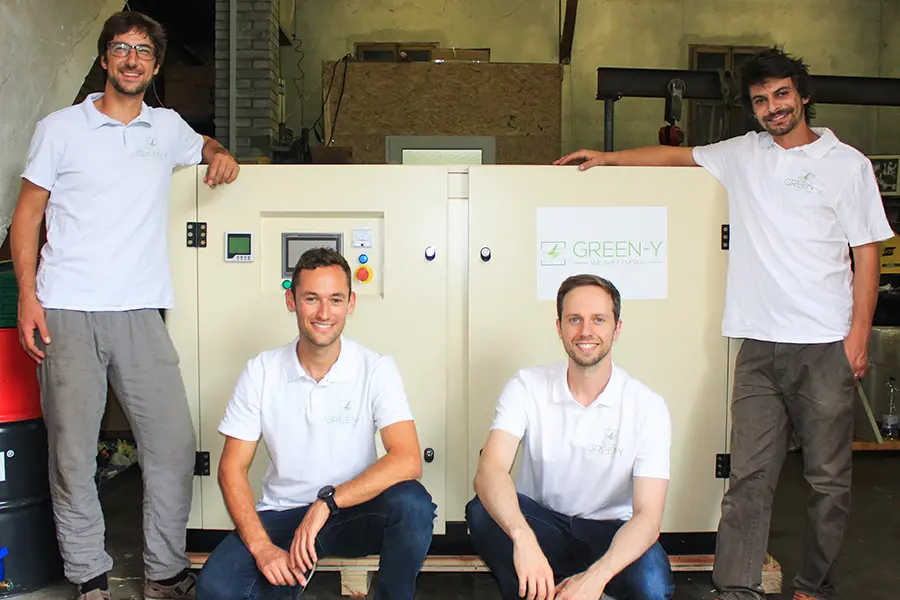
GREEN-Y
Green-Y is a compress air energy storage system that stores electricity and generates renewable heat and cold with air and water only. With the support of the SI T4Impact Initiative, the team aims to develop its first pilot project and install Green-Y in the offices of the Switzerland Innovation Park Biel/Bienne. The system will allow the building to provide clean energy at a reduced cost.
Learn more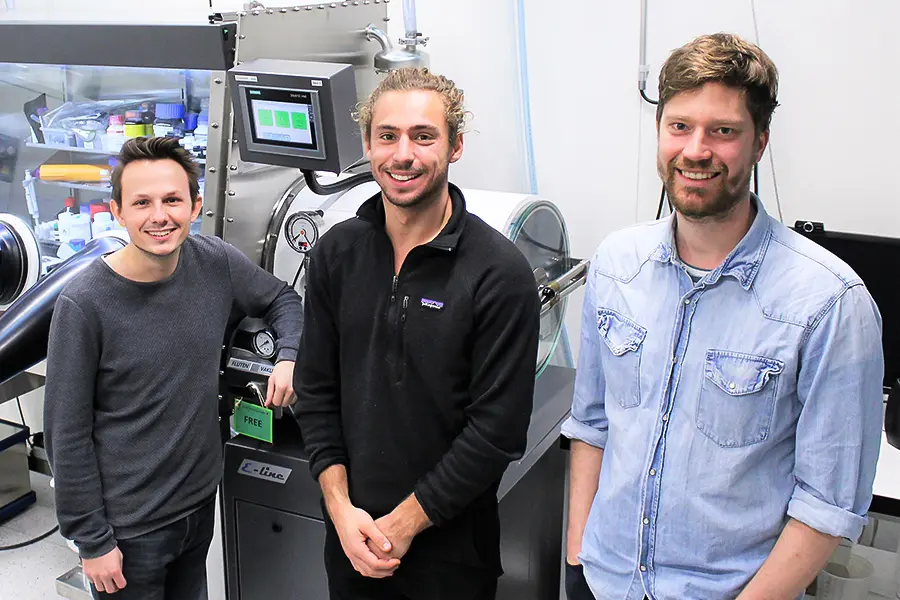
EIGHTINKS
Eightinks is developing powerful and cost-effective solid-state lithium ion batteries to support the transition to zero-emission mobility sector. With the support of the SI T4I Grant, the team aims to redesign the manufacturing process to place an emphasis on simplicity and sustainability.
Learn more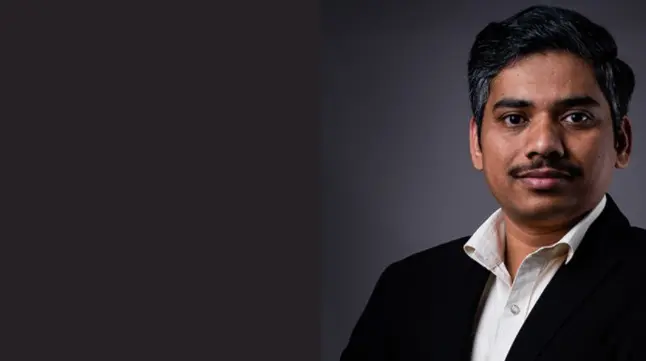
CECO-MET
Electronic waste is one of the largest, growing municipal waste streams in the world. CECO-MET, a project launched by the would be spin-off company of the Paul Scherrer Institute (PSI) named REMRETEch, is aimed at achieving strong municipal electronic waste disposal so as to recover valuable metals. The patented technology is designed to improve recycling, promote responsible consumption, and make towns and cities more sustainable by introducing a circular-economy approach and “urban mining”.
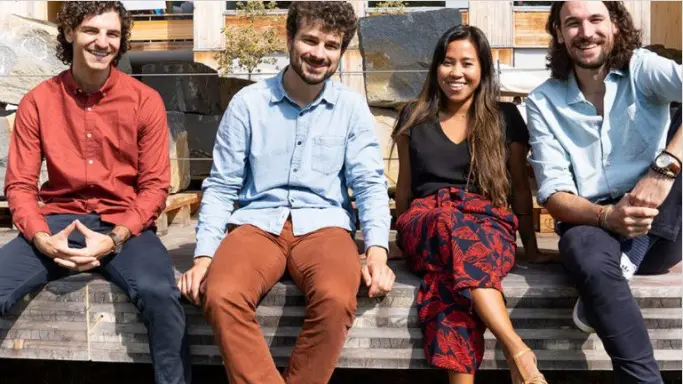
Cocobaord
Cocoboard is a natural fiberboard made of coconut husks that can be used in manufacturing furniture and in housing construction. The product, designed by the company NaturLoop, aims to foster integration among coconut farmers and respond to the demand for affordable construction materials in developing countries. Together with the Swiss Smart Factory at Switzerland Innovation Park Biel/Bienne, NaturLoop is developing a micro-factory concept that is to be implemented in the Philippines in 2022.
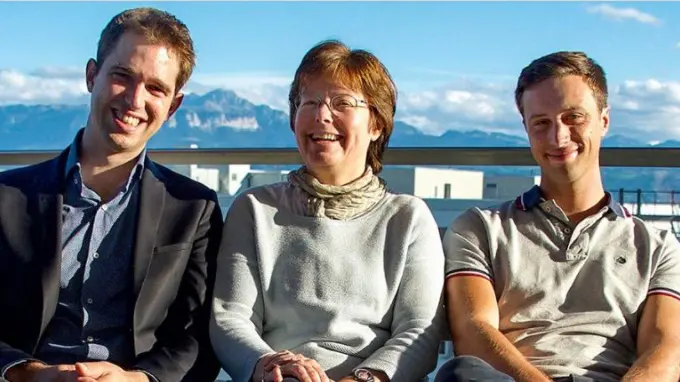
CompPair
The composite materials currently used in marine, sports, the aerospace industry and in wind turbines are susceptible to cracking, require expensive maintenance and are difficult to recycle. The solution offered by the company CompPair, a spin-off of EPFL, shortens repair times from hours to minutes, extends the product service life and can help make the recycling process more efficient.
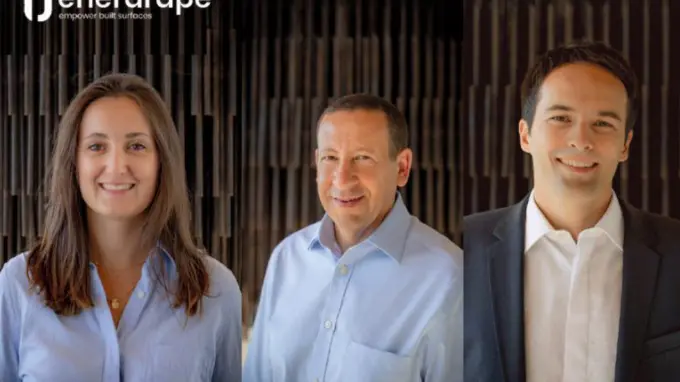
Enerdrape
The technology developed by Enerdrape, a spin-off of EPFL, uses geothermal wall panels to harvest geothermal and excess energy within buildings for their heating and cooling needs. The patented solution helps make existing buildings more energy-efficient, cut their operational costs and reduce their greenhouse gas emissions.
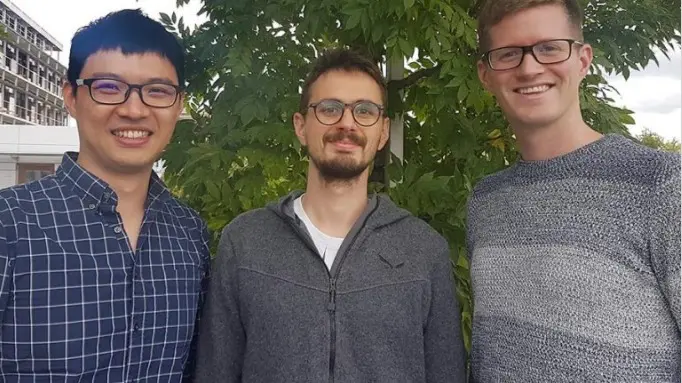
Plastogaz
Plastogaz, a spin-off of the Swiss Federal Institute of Technology Lausanne (EPFL), has developed a technology that uses powerful catalysts to selectively convert mixed plastics that cannot be recycled into methane. Methane is used as a form of heating gas and in the chemicals industry. The Plastogaz technology has the potential to considerably reduce the greenhouse gases resulting from the disposal of plastic waste (e.g. through incineration).
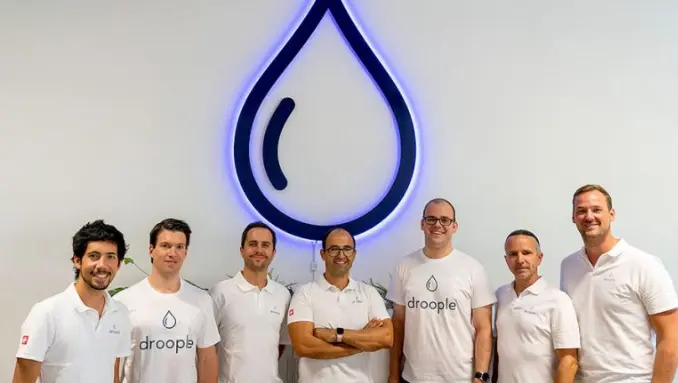
WaSTeLeSS
The UN forecasts that by 2030, the global water supply will fall 40% short of demand. This is where the WaSTeLeSS project launched by the company Droople comes into play: A network of sensors delivers time-relevant data on hot- and cold-water consumption. The new findings obtained using the patented solution facilitate a better understanding of consumption behavior, allowing hot- and cold-water waste to be reduced.